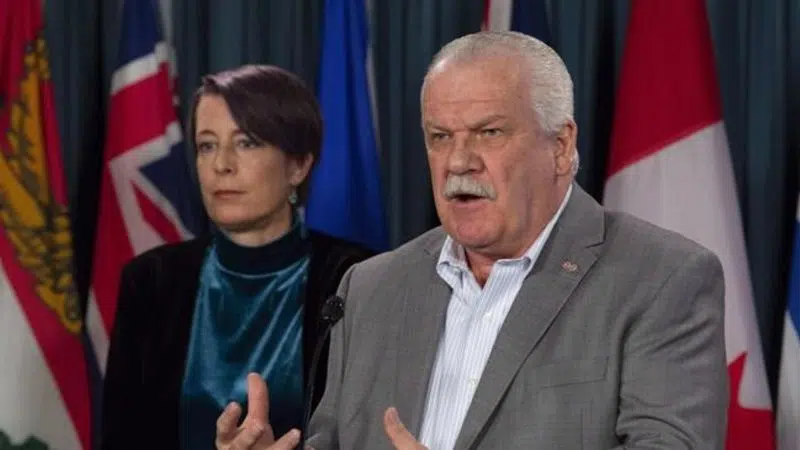
PSAC rejects government offer, setting up potential post-election strike
OTTAWA — There could be a federal public-service strike later this year, but it will be up to whoever is in power after the October election to deal with it.
The Public Service Alliance of Canada — the civil service’s biggest union — has walked away from talks aimed at reaching new contracts affecting more than 100,000 workers.
The union first declared an impasse in talks covering 90,000 of its members May 2. On Thursday, it did the same thing in talks involving about 24,000 employees of the Canada Revenue Agency.


